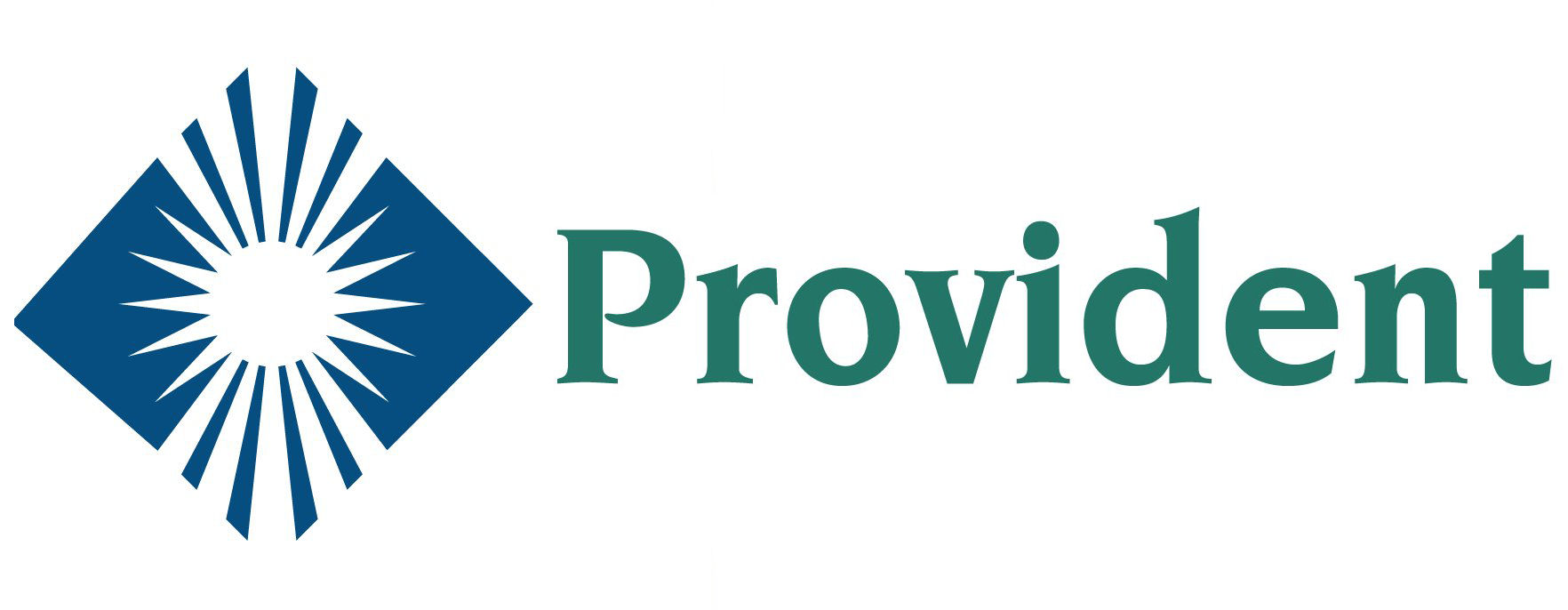 Provident Healthcare Partner’s Vice President, Ajeya Shekar & Murtha Cullina team up to provide you an Urgent Care Industry Q&A.
Provident Healthcare Partner’s Vice President, Ajeya Shekar & Murtha Cullina team up to provide you an Urgent Care Industry Q&A.
What is your outlook on the urgent care sector?
The urgent care sector stands to grow significantly over the next decade as the healthcare industry moves towards more cost-effective and convenient treatment modalities. By shortening patient wait times compared to an emergency room, diverting lower acuity patients from an emergency treatment setting, and providing care at a significantly lower cost, the urgent care concept has been proven to benefit patients, payors, and providers. Given the increasing population, rise in chronic diseases, and the shortage of primary care physicians, it is likely that urgent care will continue to become a reliable form of immediate care for the foreseeable future. As a result, both private equity firms and strategic acquirers will aim to take advantage of these growth trends by partnering with urgent care providers to establish a strong geographical presence and larger market share.
What challenges are facing the urgent care industry? What opportunities do you see moving forward?
As entrepreneurs continue opening clinics and investors deploy capital into the space, the industry will become more saturated and subject to pricing pressure. For independent providers, the influx of hospital-owned urgent cares stands to be a significant challenge, especially given the resources and provider networks of larger hospital systems. Furthermore, the urgent care space has seen competition from freestanding emergency rooms, which have attracted patients by providing similar, urgent treatments in a convenient outpatient setting, albeit at prices that are significantly higher than a typical urgent care clinic. Despite these factors, the urgent care sector has plenty of growth opportunities ahead, especially as patients become more educated about the urgent care concept and comfortable with an alternate care setting. As payors see the continued benefit of urgent care in reducing emergency room (ER) visits and hospital admissions, we anticipate more insurers to follow Humana, WellPoint, Blue Cross Blue Shield, and United by moving into the space by either partnering with existing urgent care operators or opening clinics on their own. Given its convenient setting, it is likely that urgent care groups will also have an opportunity to add complementary services, such as physical therapy, occupational medicine, and laboratory services to provide a wider array of care for its patients and diversify their revenue streams.
What distinguishing factors do investors and acquirers look for in urgent care acquisition opportunities?
As competition continues to increase, brand recognition and regional density have become key considerations for both buyers and investors. In addition, groups that have a strong management team, sophisticated reporting systems, and scalable infrastructure will be highly sought after as these qualities offer opportunities for further expansion through de novo growth and acquisitions.
How are urgent care practices being valued?
Urgent care organizations are valued at a multiple of adjusted EBITDA (earnings before interest, taxes, depreciation, and amortization), which is EBITDA normalized to account for any extraordinary or non-recurring expenses. In Provident’s experience in the urgent care sector, valuation multiples vary from the low single digits to the low teens and depend on factors such as the practice’s number of clinics, financial profile, and future growth opportunities. While small regional groups with a simple operational structure can expect to receive a valuation in the low to mid-single digits, large, platform-type chains with adjusted EBITDA greater than $3 million can expect a multiple in the high single digits and possibly into the low double digits as well.
About Murtha Cullina
Murtha Cullina LLP is a corporate and securities law firm. The firm’s practice areas include commercial financing and bankruptcy, real estate, state and federal tax, employee benefits, antitrust, estate planning, government contract, environmental, health care, energy, and public utility law. The firm’s clients include individuals, small businesses, governmental units, nonprofit organizations, and international corporations. Visit www.murthalaw.com…
 Ajeya Shekar is an Vice President with Provident Healthcare Partners, a healthcare focused investment banking firm that specializes in mergers and acquisitions advisory and capital formation services. Mr. Shekar focuses on identifying consolidation trends in markets characterized by the efficient and cost effective delivery of healthcare services. In addition to forming relationships with key healthcare industry executives in the urgent care sector, he is primarily responsible for deal origination, client relations, and transaction support services with an emphasis on practice management and ambulatory care transactions. Connect with Ajeya Shekar…
Ajeya Shekar is an Vice President with Provident Healthcare Partners, a healthcare focused investment banking firm that specializes in mergers and acquisitions advisory and capital formation services. Mr. Shekar focuses on identifying consolidation trends in markets characterized by the efficient and cost effective delivery of healthcare services. In addition to forming relationships with key healthcare industry executives in the urgent care sector, he is primarily responsible for deal origination, client relations, and transaction support services with an emphasis on practice management and ambulatory care transactions. Connect with Ajeya Shekar…
